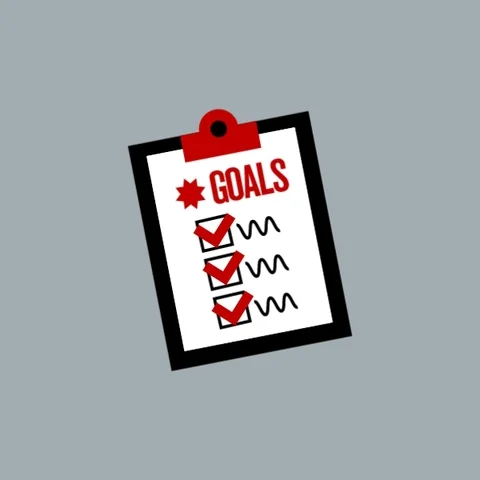Are you tired of feeling left out at social events that friends, coworkers, and couples usually attend together?
Do you avoid going to events alone because you don't want to feel uncomfortable or awkward?

If so, you might benefit from learning how to prepare for and enjoy social events on your own.
Benefits of Going To Events Alone
Going alone to social events has many benefits, including:
Opportunity to meet new people and expand your social circle
Freedom to choose the events you want to attend and the amount of time you want to spend there
Increased self-confidence and independence
 Photo by Elevate on Unsplash
Photo by Elevate on UnsplashHow to Prepare
To help prepare for going alone to social events, you can:
Research the event and the attendees 📝
Plan your outfit and appearance 👗💄
Practice small talk and conversation starters 💬
Set a personal goal for the event 🎯

1. Research the Event and Attendees
Researching the event and the attendees involves examining the event details and any available information about the people who will be attending.
This can help you:
Understand the event's purpose and theme
Identify potential conversation topics
Prepare yourself mentally for the event

For example, if you're attending a book club event, you can read the book in advance and prepare your thoughts on it. You can also look up the author and other works they've written to be better prepared for the discussion.
2. Plan Your Outfit and Appearance
Planning your outfit and appearance can help boost your confidence and make you feel comfortable and stylish at the event.
This can involve:
Choosing an outfit that is appropriate for the event
Practicing good grooming habits such as showering, brushing your teeth, and styling your hair

For example, at a book club event, you might wear:
Business casual attire, such as a blouse or button-up shirt with slacks or khakis
A dress or skirt with a nice blouse or sweater
A casual outfit with comfortable yet presentable clothing like a pair of dark jeans, a blouse or shirt, and a blazer
3. Practice Small Talk and Conversation Starters
Small talk and conversation starters are great tools to break the ice and start conversations at social events.

This can involve:
Practicing opening lines and greetings. Greetings can be as simple as introducing yourself and asking how the person is doing.
Preparing questions about the event or the attendees. At a book club event, you might ask, "Have you ever been to a book club before?" or, "What did you think of the book?"
Sharing personal stories or anecdotes. You might share a funny story about something that happened to you recently or talk about a hobby or interest that you're passionate about.
4. Set a Goal for the Event
Setting a goal for yourself can help you stay focused and motivated throughout the event.
This can involve setting a:
Networking goal,such as meeting new people or exchanging contact information
Learning goal, such as gaining knowledge about a specific topic or skill (e.g., at a book club event, your goal might be to learn how to analyze literature more effectively)
Personal goal, such as trying new activities

Quiz Time!
You're attending a book club event alone. You researched the book and the author, planned your outfit, and practiced small talk and conversation starters. Now you want to set a personal goal for the event.

What is a possible personal goal can you set for the book club event?
A. Reading the book during the event
B. Winning a debate with other attendees about the book
C. Meeting at least 5 new people
D. Correcting the grammar mistakes in the book
Quiz
Select the correct response:
Take Action
Don't let fear hold you back from experiencing new things and meeting new people.
Enjoy the benefits of attending social events on your own!

Your feedback matters to us.
This Byte helped me better understand the topic.
